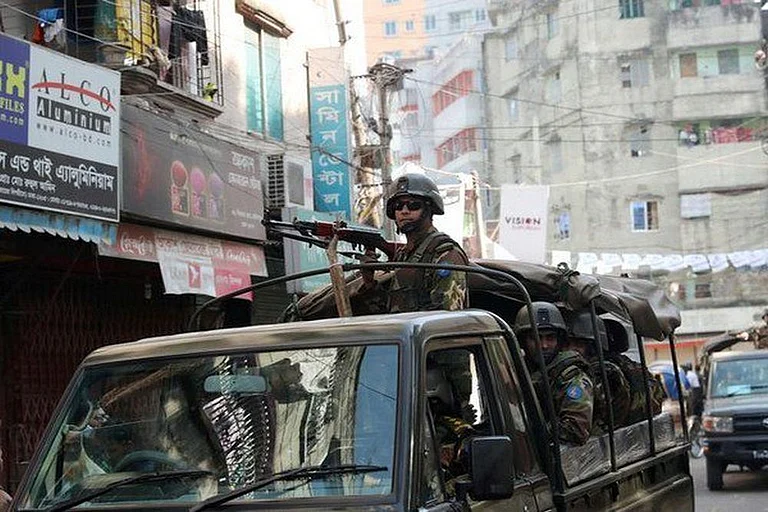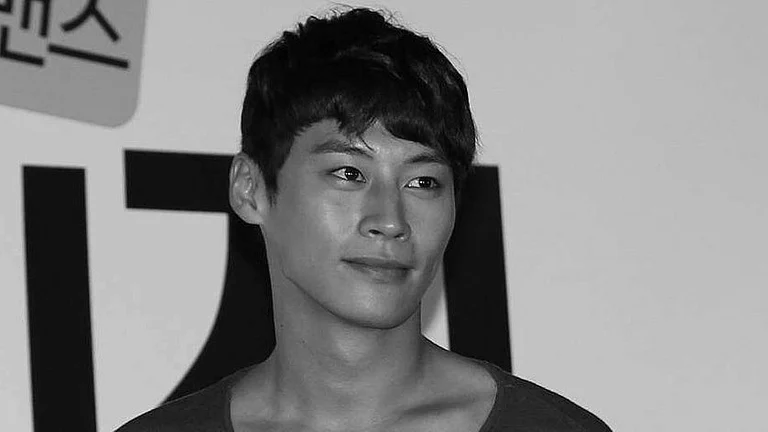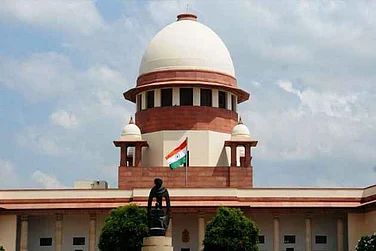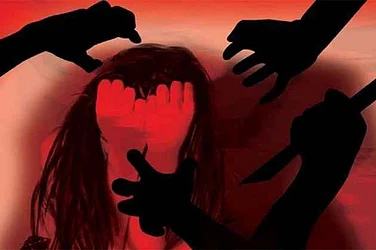Starting from today, the first phase of the Uttar Pradesh Assembly elections has begun in 58 assembly constituencies in 11 districts. In the upcoming weeks, Punjab, Goa, Uttarakhand and several other states will go for polling. While major states are gearing for rounds of heated elections, here’s a look at the role and duties of the Election Commission of India in administering fair voting across the nation.
Election Commission Of India: Roles and duties
The Election Commission of India (ECI) was set up on January 25, 1950, to govern and administer the elections across the country. It is an autonomous and permanent constitutional body responsible for organising free and fair elections in the Union and States of India. Its principal objective lies in overseeing elections at various levels for the state legislatures, the Parliament and the offices of the Vice-President and the President of the country as per article 324 of the Constitution. However, the ECI does not look after the elections of Municipal bodies and panchayats in the rural areas. For that, a separate State Election Commission has been set up.
The ECI had released the Model Code of Conduct for the first time in 1971, at the time of the fifth general elections in India. Since then the MCC has been revised several times to lay the guidelines as to how political parties and leaders should behave and conduct themselves ahead of the elections.
The Election Commission of India is considered the guardian of free and reasonable elections and it lays down all the rules for political parties to adhere to, to stand eligible for contesting the polls.
Since its inception, the ECI had been a one-member body with only the Chief Election Commissioner (CEC) as its sole member. On October 16, 1989, two additional Commissioners were appointed, but they had a very brief tenure. But from October 1, 1993, two additional Election Commissioners were appointed and since then the ECI has become a three-member body. The President of India has been vested with the power of electing the three members and the CEC can be removed from power only through accusation by the Parliament.
Article 324
Article 324 broadly speaks of the functions of EC and its composition and protects the right of independent and impartial functioning of the ECI.
Under the article, the superintendence, direction and control of the preparation of the electoral rolls and the conduct of elections are vested in the ECI.
It further states that when any other Election Commissioner is so appointed the Chief Election Commissioner shall act as the Chairman of the Election Commission. The CEC cannot be removed from the office except under the orders of the President and any other Election Commissioner or a Regional Commissioner shall not be removed from office except on the recommendation of the Chief Election Commissioner.
Controversies around ECI’s ‘fair’ functioning
The ECI has been caught in several controversies in the recent past over its independence and credibility as the guardian body of elections in India. In 2021, in a letter to the President, a group of retired bureaucrats and diplomats had expressed their concern over the EC’s “weak-kneed conduct”. They mentioned how the institution has been “suffering from a crisis of credibility today”.
A Series of controversies were courted against the role of the ECI following the 2014 Lok Sabha elections. It all commenced when the ECi announced a staggered schedule of elections across the states. In states, including Odisha, where polls could have been conducted in two phases, the ECI announced it to be a four-phased poll.
In fact around the same time, rumours of a rift among the Election Commissioners were making rounds. According to reports, there was an apparent clash of opinion between the Chief Election Commissioner (CEC) Sunil Arora and Election Commissioner Ashok Lavasa over the issue of violations of the model poll of conduct (MCC). The situation led to some analysts believing that the MCC was nothing less than Modi’s Model of Conduct.
Later, in a report, the Citizens’ Commission on Elections stated that misused its power and the power of the Armed forces in favour of campaigns run by the Bharatiya Janata Party (BJP).
During the harrowing Covid second wave, the ECi had come under the scanner for allowing political parties to take out Assembly election rallies without adhering to Covid-19 safety protocols despite several judicial orders. In April 2021, Chief Justice Sanjib Banerjee of the Madras High Court said, “Your institution is singularly responsible for the second wave of COVID-19". The Madras HC also noted that the Election Commission officials should be booked under murder charges too.


























